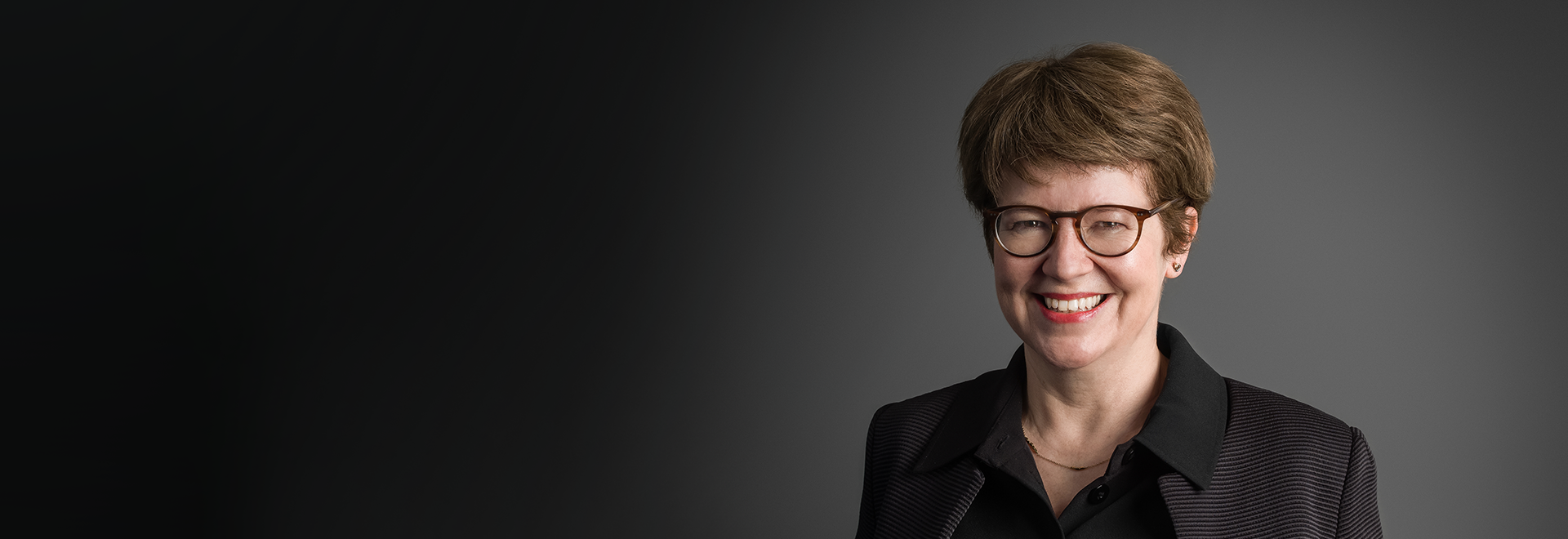The headline theme of this year’s International Women’s Day is #EmbraceEquity and that is particularly pertinent to private wealth management, with women traditionally having been less involved in managing family assets. What do we mean by equity and how does it differ from equality? While gender equality is about providing women with the same opportunities as men, gender equity is about addressing the imbalances that can sometimes prevent women from making the most of those opportunities. The IWD 2023 briefing notes go on to say that you can’t have equality until you have equity, but there are certain indicia emerging which show us the position is evolving. The transfer of wealth to women A 2022 report by management consultants McKinsey found that, in Western Europe, women investors already control one third of assets under management (AUM). This is expected to rise to 45% by 2030, with some other regions predicted to see women cross the 50% threshold within that timeframe. In other words, women may already have achieved equality in terms of AUM by the end of the decade. Yet, when it comes to equity, there is plenty to suggest that there is still some progress to be made. Numerous studies suggest that this is potentially an issue on two fronts; firstly, women are less likely to be the financial decision makers within families and relationships, and secondly it is less likely that women will have had the same opportunities to access financial education and advice. Perhaps as a result, historical studies show that women are less confident and more risk averse when it comes to investing. The interesting question is how did equality arrive before equity? One reason is that, although there are more women entrepreneurs generating more wealth than ever before, it can be said that much of the huge shift comes from inheritance. We should not lose sight of other sources of wealth for women including substantial financial amounts awarded by the Courts as part of a divorce settlement and women’s life expectancy (in many countries) is longer than that of their male peers. Indeed, the huge transfer of wealth as the baby boomer generation ages is a key underlying driver of equality in asset ownership. Addressing the obstacles to equity While the rise in women’s wealth is a positive trend which will undoubtedly drive changes in our industry, it also risks masking the equity problem. For example, if women who inherit wealth have not had the same opportunities for financial education and experience as their male counterparts, the risk is that they will be at a disadvantage when it comes to assuming the not insignificant responsibility of preserving wealth for future generations. It is this area in which I think advisers, trustees and family offices can all play a crucial role. After all, as an industry, we have the knowledge, relationships and access to professionals to help women in this situation. That may in some cases mean stepping in to help close the gaps in financial understanding or education, but it begins first with an area in which many believe that women have a natural advantage: communication. Building a relationship through understanding an individual woman’s circumstances and their personal and family goals is the crucial first step. Getting to know and understand our clients’ mind-set and approach is the primary starting point for a successful advisory relationship. That is something we are fully committed to at Accuro. We want to understand what is important to our clients so that we can help them, and their family achieve their broader aims. Building a better future together Women who have built businesses and head up family offices are likely to have already overcome any gender barriers that they met along the way. But what about future generations? As many of our clients see children and grandchildren growing up they are increasingly thinking about their futures within the context of family wealth. How can they gain an earlier understanding of the family business and finances so that they are better placed to get involved? This needs to be done carefully and often gradually but it is an area where the right adviser or trustee can, while being sensitive to family dynamics, offer a valuable perspective. Finally, it is important to note that gender equity works both ways and men also have some traditional barriers to overcome. I wouldn’t be the first to observe that women can be better at discussing the sort of personal and sensitive subjects which can sometimes hold families back from dealing with difficult decisions on everything from inheritance to investment strategy. Women also perhaps tend to take a more holistic, long-term view. Arguably, in some parts of the world, this comes from a traditional role as mothers and care givers which creates a natural focus on ensuring, quite literally, the long-term survival of the family. From a wealth management perspective, this approach can be invaluable. Similarly, there could be some positive aspects to those studies showing that women tend to be more risk averse than men. After all, why not be cautious when it comes to protecting family assets? There are plenty of areas of financial planning where women are leading the way, including the current trend in impact and ESG investing. As access and exposure to managing wealth increases for women and as a result embracing equity evolves from a headline theme to a trend, there can be benefits for all. These are certainly exciting times to be working with women in the world of wealth management.
Stay updated with
our new insights
Everything in life starts with a conversation. We’d welcome the opportunity to talk to you about the difference Accuro can make to the success of your vision.

